
The phytochemicals in vitex increase the production of follicle stimulating hormone, also known by its abbreviation, FSH. This hormone is essential to the process of releasing an egg, attached to a a structure that looks something like a microscopic garden hose, or follicle, in the woman. It is also essential to the process of releasing hundreds of millions of sperm from their follicles in the testes of the man. Women's bodies normally have vastly more FSH than men's bodies, but the hormone is essential for reproduction in both parents.
The problem with vitex is that FSH is not the only hormone it influences. The chemical compounds naturally occurring in vitex also affect the production of another hormone called luteinizing hormone, or LH. In a woman's body, lowering levels of LH reduces the production of testosterone. This can relieve many of the symptoms of PCOS that are caused by excessive testosterone, such as acne and hair growth. It can be just enough of a change to a woman's hormonal balance that it restores ovulation, or it assists other fertility treatments in restoring ovulation. In a man's body, vitex also lowers the production of testosterone, but in a man's body, this is a bad thing.
Testosterone is essential to the sex drive in both men and women, but more noticeably in men. The effect of vitex on sex drive gave the herb its traditional name chasteberry. Testosterone is also essential to the production of new sperm. Men who take vitex, therefore, often have lower sperm counts. The herb that increases fertility in women can devastate fertility in men. When it comes to fertility, vitex is strictly for women. Men seeking to become fathers should not even handle the herb. And for any man seeking to use vitex as a male contraceptive, a warning: Consistent use of vitex by men can cause the testicles to shrink and atrophy, and also result in erectile dysfunction that cannot be treated by Viagra, Cialis, or Levitra.
- www.nhs.uk/conditions/infertility/
- Photo courtesy of patti haskins by Flickr: www.flickr.com/photos/pattipics/18772095968/


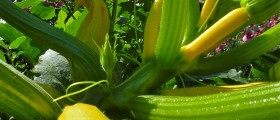

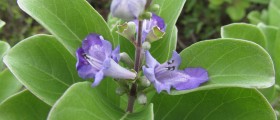
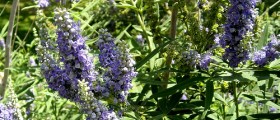
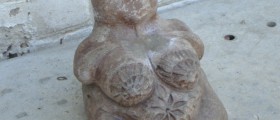





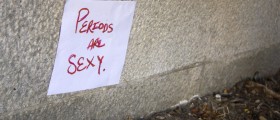
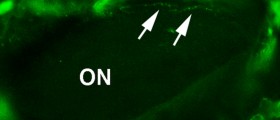



Your thoughts on this
Loading...